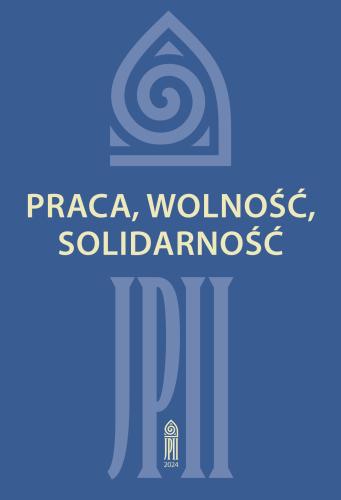Human work in the perspective of John Paul II
Synopsis
This paper investigates the concept and value of human work in the thought of St. John Paul II, embedding it within a broad historical, philosophical, and theological context. Work is presented as an inherent and constitutive feature of the human person, expressing both creativity (homo creator) and practical agency (homo faber). The study draws on scriptural, patristic, and philosophical traditions, highlighting the significance of work in Judeo-Christian, classical, and modern perspectives. Special attention is paid to the personal experiences and teachings of John Paul II, particularly his emphasis on the dignity of human labor as expressed in his encyclicals “Laborem exercens” and “Centesimus annus”. Here, work is shown not only as a means of sustenance or economic necessity, but as a vocation through which the human person fulfills their divine likeness, personal freedom, and moral growth. The humanistic and social dimensions of work are underscored, including the principles of solidarity, the primacy of the person over capital or goods, and the need for work to serve both personal development and the common good. The chapter reviews challenges posed by mechanization, technological progress, and contemporary threats of alienation or dehumanization, affirming the enduring relevance of John Paul II’s legacy—work as a gift, a calling, and a path to human flourishing.



